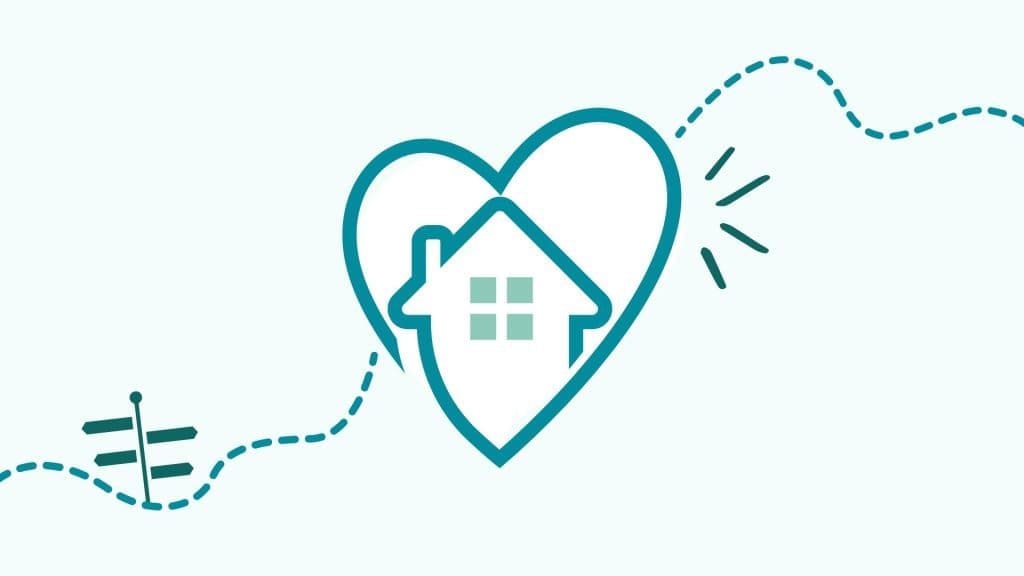Comprehending the Link In Between Home Care Providers, In Home Caregivers, and NDIS Support Coordinators
Comprehending the Link In Between Home Care Providers, In Home Caregivers, and NDIS Support Coordinators
Blog Article
Just How In Home Care Givers Address the Unique Difficulties and Emotional Demands of Family Members Looking For Assistance for Their Family Members
In-home caregivers play a pivotal function in navigating the complexities dealt with by families seeking assistance for their loved ones. By recognizing distinct household dynamics and giving tailored emotional assistance, these specialists not only address instant care needs however likewise cultivate a setting of trust and open communication. This strategy is essential in handling the psychological stress often experienced by families, as it recognizes their problems and verifies their experiences. Nevertheless, the nuances of this relationship extend past simple caregiving; the effects for family health and caregiving effectiveness warrant better expedition.
Understanding Household Dynamics
Comprehending family characteristics is crucial for offering effective in-home care, as each household runs within an unique collection of relationships and interactions. These dynamics include various components, including communication styles, duties, and power structures that affect how care is provided and received. The caretaker must recognize these factors to guarantee that care plans straighten with the family members's assumptions and values.
Various families might exhibit distinctive patterns of interaction, such as hierarchical frameworks or collective approaches. For circumstances, in some family members, a main decision-maker might hold significant influence, while in others, decisions might be more autonomous. Recognizing these patterns aids caregivers customize their strategies to fit the family members's certain needs.
Furthermore, cultural histories play an important duty in forming household characteristics. Caregivers ought to be culturally proficient, recognizing and appreciating diverse practices and ideas that may affect care choices.
Eventually, a detailed understanding of household dynamics facilitates improved communication, fosters trust, and boosts the caregiver's capability to sustain the family successfully. By identifying the intricate web of responsibilities and relationships, caretakers can develop a supportive atmosphere that promotes well-being for both the private receiving care and the family overall.
Offering Emotional Assistance
Giving psychological assistance is a crucial element of at home treatment that considerably improves the health of both the private getting treatment and their member of the family. In the context of caregiving, psychological support entails energetic listening, compassion, and validation of sensations. Caretakers are educated to recognize the emotional battles that family members encounter, such as isolation, anxiety, and shame, and to supply a thoughtful visibility that relieves these burdens.
By cultivating open communication, caretakers develop a secure space for member of the family to share their fears and worries. This discussion not only encourages psychological launch but also reinforces count on between the family members and the caretaker. In addition, caregivers can provide sensible strategies to help families manage stress and promote strength.

Inevitably, the psychological support supplied by in-home caregivers boosts the lifestyle for both customers and their households, promoting a much more compassionate and understanding caregiving environment. This alternative strategy makes certain that psychological needs are addressed alongside physical health and wellness considerations.
Managing Daily Care Tasks
Taking care of day-to-day treatment tasks is a vital element of in-home treatment that makes certain people obtain the assistance they require to preserve their health and wellness and freedom. Caretakers play a vital function in helping with tasks of day-to-day living (ADLs), that include showering, clothing, grooming, and meal prep work. By handling these obligations, caregivers help reduce the physical and emotional worries that family members may face while caring for their loved ones.
In enhancement to personal treatment, caretakers are likewise charged with medicine administration, making sure that customers follow recommended schedules and does. This oversight is crucial for preserving health and wellness and stopping unfavorable impacts from missed or incorrect medicines. Furthermore, caregivers frequently help with mobility, giving support for customers walking around their homes, thereby decreasing the threat of falls and enhancing total safety.

Promoting Open Communication
Effective monitoring of daily treatment tasks frequently rests on the quality of interaction between caretakers, customers, and their family members. Open interaction cultivates an atmosphere where issues, preferences, and comments can be easily exchanged, making sure that treatment is tailored to satisfy individual requirements. Caregivers need to focus on normal check-ins with both customers and their households, promoting discussions that resolve any problems or modifications in care requirements.
Utilizing various communication approaches-- such as in person conferences, call, and created updates-- can boost understanding and give families with comfort. It's crucial for caregivers to actively listen, demonstrating compassion and respect for the emotional landscape of the family. Urging concerns from member of the go to my site family can likewise help clarify treatment plans and reinforce the caregiver's commitment to openness.
Additionally, maintaining open lines of communication allows caregivers to recognize and respond quickly to any kind of changes in a client's health condition or emotional wellness. This aggressive approach not only enhances the caregiver-client dynamic but likewise equips families to get involved proactively in the treatment procedure. Inevitably, cultivating open interaction is essential for boosting the top quality of at home treatment and advertising an encouraging atmosphere for all involved.
Structure Count On and Relationships
Count on is the foundation of successful in-home treatment, as it develops a structure for meaningful partnerships in between caregivers, customers, and their families. Structure this count on needs consistent, transparent interaction and a real dedication to the wellness of those included. Caregivers should demonstrate dependability with punctuality, adherence to care plans, and responsiveness to the requirements and choices of clients.
To promote trust, caretakers ought to take part in active listening, making sure that families really feel heard and comprehended. This involves not only attending to immediate concerns yet additionally expecting future needs, therefore equipping families and boosting their feeling of control. Developing rapport via shared experiences and considerate interactions can additionally solidify these partnerships.
In addition, caregivers need to be educated to acknowledge and resolve the psychological intricacies faced by family members. By revealing compassion and concern, they can minimize concerns and unpredictabilities, strengthening trust fund. Regular updates and check-ins with relative can likewise boost transparency, permitting them to feel involved and informed regarding their loved one's treatment.
Eventually, constructing depend on and nurturing partnerships browse this site in in-home care is a collective process that considerably influences the high quality of treatment provided, cultivating a helpful environment that profits everybody included.
Verdict
By recognizing household characteristics, supplying psychological assistance, and promoting open interaction, caretakers enhance the total caregiving experience - ndis plan manager. Their capacity to manage daily treatment jobs while developing count on and solid partnerships cultivates an encouraging atmosphere for clients and their family members.
Comprehending family characteristics is important for offering efficient in-home treatment, as each family operates within an one-of-a-kind collection of interactions and connections.Giving emotional assistance is a vital element of in-home treatment that dramatically improves the health of both the individual receiving treatment and their family participants. By taking on these obligations, caregivers aid relieve the physical and emotional worries that households might deal with while caring for their loved ones.
Reliable administration of daily treatment jobs usually pivots on the high quality of interaction between caretakers, clients, and their family members - ndis plan manager.Depend on is the foundation of effective at home care, as it establishes a structure for significant connections between click for more caregivers, customers, and their households
Report this page